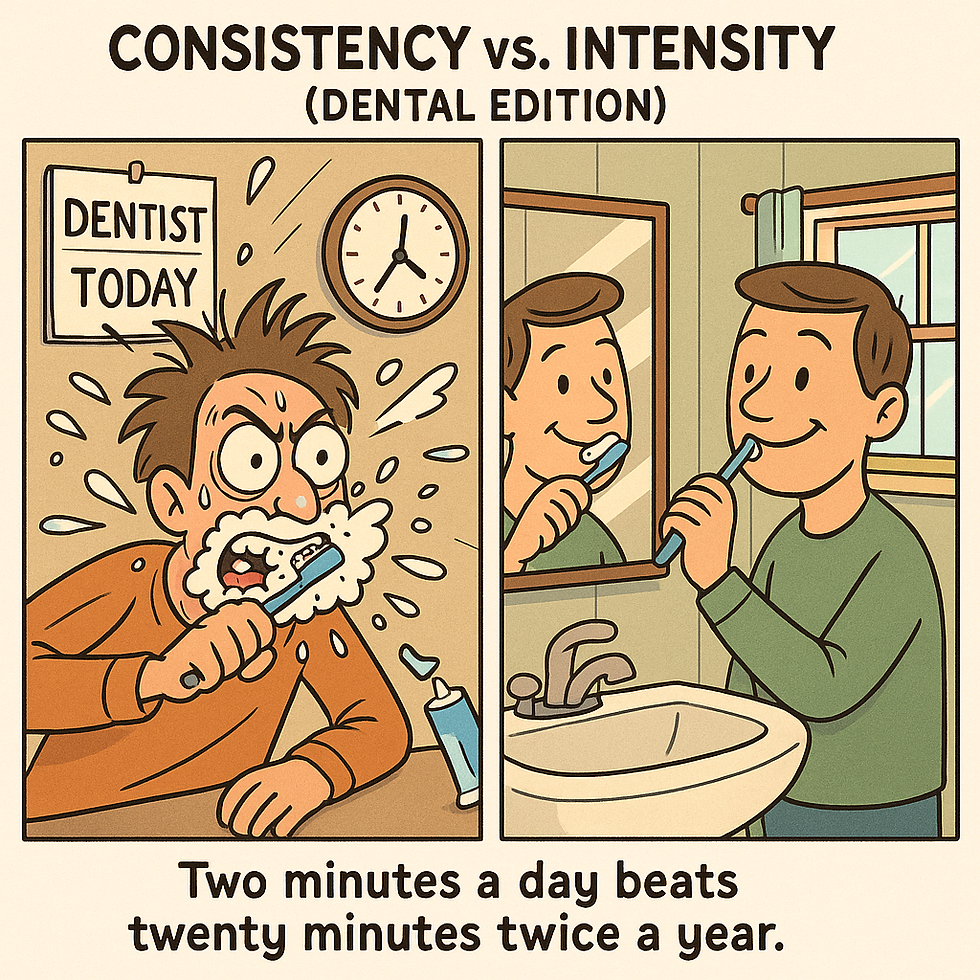What should I be working on?
- Jul 7, 2025
- 3 min read

I’ve come to believe that most people want to do the right thing. They genuinely want to contribute, be helpful, and get things done. The tricky part? They don’t always know what the "right thing" is.
But what is “right”? In sports, it’s easy to tell who’s skilled. LeBron James scores points, Steph Curry nails threes from the parking lot—stats don’t lie. But in project management? Not so simple. You can't glance at a PM's "scoreboard" and instantly know they’re good at what they do. Sure, project history matters, but we all know this job is a team sport with a thousand moving parts. And most results take a while to show up.

So what makes someone skilled in project management? In my experience, it's knowing what to work on. Not just being busy, but being busy with the right things. That skill doesn’t come from reading a manual. It comes from experience, from making mistakes, and from learning what actually moves the needle on a project.
Now, if you're leading a team, here’s the challenge: how do you make sure your people are working on what matters most?
You could take the heavy-handed approach—micro-manage every task, assume you know better, and double-check every decision. But that kills initiative. And frankly, it gets exhausting and is counter-productive.
Or, you can do what I’ve seen work best: give people some room to make choices, then step in when course correction is needed. Think of it like teaching. If you never give a student a chance to try something on their own, how will you ever know if they understand it? They need the space to demonstrate what they know—and to grow from it. That’s not to say let them hang themselves with too much leash, rather, check in on them frequently to make sure they’re good.
I like to think of this as giving them a test, not setting a trap. Let them prioritize, then review and guide as needed. That’s how they learn. That’s how they start developing that elusive skill of "knowing what matters."
On the flip side, if you are that young engineer or assistant PM staring at a monster to-do list, wondering what to tackle first, here’s your move: ask.
Seriously. Just ask.

Go to your manager and say, "Here’s everything on my plate. Based on what I see, I think these are the top priorities. What do you think?"
That simple conversation does two things: 1) it shows you’re thinking strategically, and 2) it ensures you’re aligned with your manager’s expectations. You still own your work, but you're tapping into their experience to avoid wasting time on the wrong thing. And eventually you’ll understand how to decide what’s important and what can wait.
Because here's the truth: alignment isn’t just about having a plan. It’s about talking about the plan and checking in often. You can’t expect a crew to row in the same direction if no one agrees which way the boat is going.
Whether you’re leading a team or just starting out, don’t assume alignment happens automatically. It doesn’t. It takes conversations, clarity, and a little humility on both sides.
So next time you're unsure if your team is focused on the right things—or you're unsure yourself—just ask. It's simple, powerful, and, more often than not, the difference between chaos and momentum.



Comments